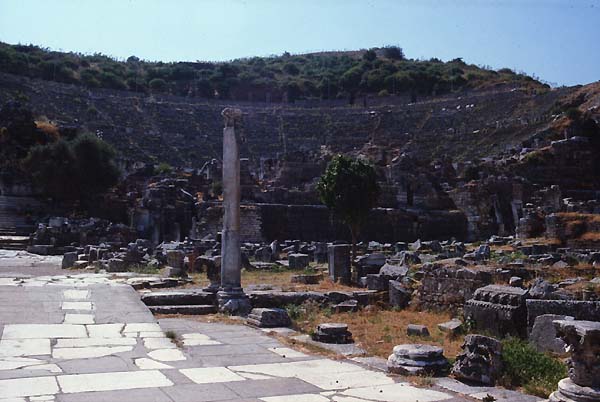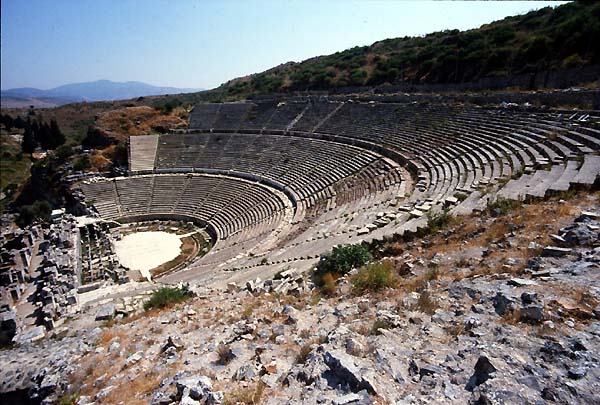


The Romans really needed to cooperate, for they were probably very badly outnumbered. The Cimbri sent their ambassadors to Mallius, the senior man, but this so angered Caepio that he almost attacked them.
CASSIUS DIO ON THE BATTLE OF ARAUSIO FULL
They saw two full Roman armies, camping close together, and decided to send envoys to discuss peace. The Cimbri didn't realise that the Romans were suffering from such serious internal disagreements. The two camps were near to Arausio (modern Orange). Caepio refused to cooperate, but he did cross the Rhone into Mallius's province, where he camped between Mallius and the Cimbri, possibly in an attempt to make sure that he would get the glory of any victory. Mallius was worried by this setback, and asked Caepio to join with him, so their armies could fight united. He was then killed, possibly by a young chieftain called Boiorix. Granius Licinianus also says that he was offered command of the Cimbric army, but refused the role. Livy and Granius Licinianus both report that Scaurus was summoned before a council of the Cimbri, where he attempted to convince them not to invade Italy. The former consul Marcus Aurelius Scaurus, who was serving under Mallius, suffered a defeat while commanding an independent army and was captured by the Cimbri. The first is mentioned in the Periochae of Livy, Granius Licinianus and Dio Cassius. There were probably at least two battles in the campaign. The two men agreed to split the province in two, with the Rhone being the boundary, but our sources don't say which of the Roman commanders got which side of the river. Officially Mallius outranked Caepio, but Caepio resented being superceded and refused to cooperate with his colleague. Mallius Maximus, one of the consuls for 105 BC. Servilius Caepio, who had been given Roman Gaul as his province in the previous year. The first was commanded by the proconsul Q. The Romans had two armies in southern Gaul in 105 BC. We also have little or no information about the events leading up to the campaign, and our sources all begin with the Roman forces in place. The modern consensus is that this battle only involved the Cimbri, and the other tribes became involved in the fighting in 102-101 BC, but it isn't possible to be entirely sure about that. Plutarch gives the Cimbri and Teutones in his life of Sertorius. The periochae of Livy, Granius Licinianus and Cassius Dio just mentions the Cimbri. Orosius and Eutropius list the Cimbri, Teutones, Tigurini and Ambrones. Our sources disagree on which tribes were present. The nones of October fell on the 7th, placing the battle of 6 October 105 BC. Granius Licinianus places it on the day before the nones of October. The battle of Arausio isn't terribly well documented, but for once we do have a fixed date. They then disappeared into Gaul, before reappearing in 109 or 108 BC, when they defeated the consul Marcus Junius Silunus, probably somewhere on the borders of the Roman province in Gaul. The Cimbri first appeared in the records in 113 BC, when they defeated a Roman army near Noreia, to the north-east of the Alps, after migrating south from Jutland. The battle of Arausio (6 October 105 BC) was the most serious Roman defeat during the Cimbric Wars and saw the defeat and destruction of two Roman armies, apparently leaving Rome open to attack.


 0 kommentar(er)
0 kommentar(er)
